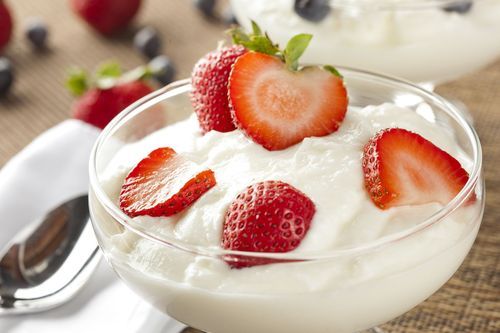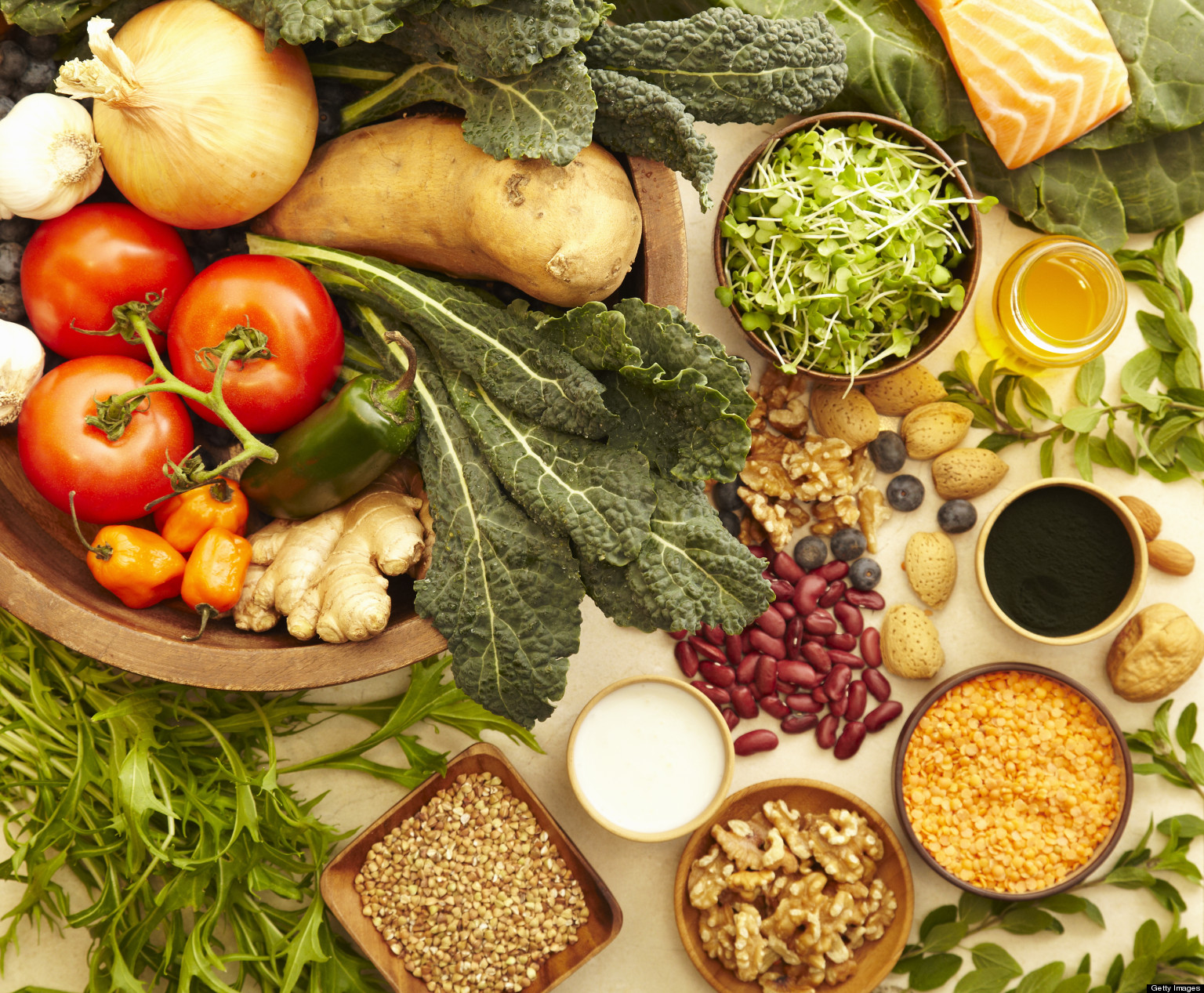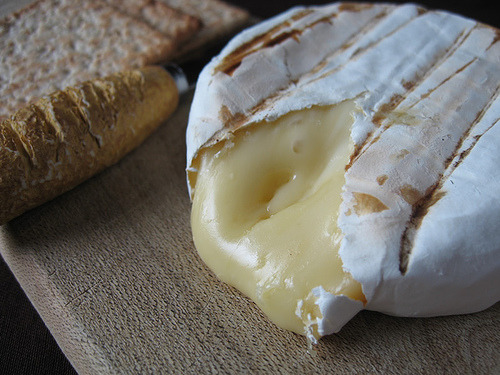One decade, we’re told to cut fat from our diets to lose weight. The next, we’re told to count calories. Then it’s all about ditching carbs. But could it be that we’ve had it wrong all along and the secret is actually already within us? More specifically, within our gut?
Tim Spector, a professor of genetic epidemiology and author of The Diet Myth [Hachette], says yes. “The more diverse your gut microbes, the more likely you are to be healthy and lean, and the more sparse your microbes, the more likely you are to be overweight,” Spector says. “This is knowledge that didn’t exist five years ago.”
Welcome to your microbiome
Each person has up to 2kg of microbes in their stomach and together these microbes make up their unique gut microbiome. The microbes, which include trillions of bacteria, fungi and viruses, help the body produce vitamins and amino acids. They also play an important role in the digestive and immune systems, blood pressure and mental health.
Scientists first discovered that an unbalanced microbiome could lead to obesity in animals. In 2006, researchers from Washington University in the US looked at genetically engineered obese mice and identified that a class of gut microbes called firmicutes were consistently over-represented. These particular microbes were found to be too efficient at extracting energy from food and breaking down fibre, and also increased the absorption of fat.
To put their findings to the test, the team plucked firmicutes from the obese mice and tube-fed them to bacteria-free mice. The latter put on a significant amount of weight over two weeks, even though they ate less. Now there are numerous studies showing that not only are the microbiomes of obese humans lacking in diversity, they are swarming with firmicutes.
A recent study has taken it a step further with “faecal transfers” from humans to mice, which are both gross and fascinating. The study published in the journal Science in 2013 revealed that healthy mice could be made obese by transferring faecal matter, teeming with gut microbes, from obese humans. The research team also found that transferring faecal matter from lean humans prevented mice from putting on weight.
There’s only one report of a human-to-human faecal transfer that resulted in weight gain. A 32-year-old woman in the UK underwent a poo transplant in 2011 after recurrent clostridium difficile, an infection that causes inflammation of the colon. The donor microbes came from her 16-year-old daughter, who was overweight, and the mother weighed 62kg with a BMI of 26 at the time of the transfer. Just over a year later, the woman weighed 76kg and had a BMI of 33. She’s still obese today, despite an exercise program and supervised diet.
What are we doing wrong?
A seemingly timeless weight-loss mantra is that in order to shed unwanted kilograms we need to burn more calories than we eat. Spector, however, argues that this approach fails to take into account one crucial fact: “Each person’s microbiome is unique, which means each of us responds differently to carbohydrates and fats and sugar.” It isn’t just calorie-controlled diets that he claims are bogus. He says that any diet plan that excludes whole food groups damages your microbiome and increases your likelihood of putting on weight.
“Exclusion diets may help you lose weight for the first few weeks because you’re eating less and selecting carefully what you do eat,” he says. “But long-term, they’ll decimate your microbes by reducing their diversity and can end up making you fatter.”
Naturopath Savannah Daisley has been helping Sydneysiders lose weight by targeting their gut flora for 15 years, and she agrees with Spector. “An imbalance of gut flora stops our digestive system from working properly so our use of calories isn’t as efficient and our energy levels drop,” Daisley says. “The increased fatigue means the fat-storing stress hormone cortisol kicks in, leading to heightened blood sugar and insulin levels. Basically, weight gain is inevitable when there’s an imbalance of good and bad bacteria in our guts.”
Your gut craves variety
Spector wants us to forget thinking of our body as a temple and instead think of it as a microbe garden that requires a diverse diet of fibre-rich nutritious foods. “A garden with rich soil, plenty of species and change is always going to be fuller and healthier than a scant garden with weeds, few plants and packed with toxins,” he says.
Our much-slimmer ancestors 15,000 years ago enjoyed about 150 ingredients each week and no doubt had flourishing microbe gardens. Most people today have just 20 different foods in their weekly diet. Most worryingly, many are artificially refined and wreak havoc on the biodiversity of our microbiome.
What can we do?
For anyone looking to lose weight and restore gut health, Daisley says ditching sugar and alcohol is non-negotiable. “I’d usually put them on a strict 14-day detox to overhaul their microbiota, which can see them lose up to 5kg. For people who don’t want something so drastic, I’d encourage them to cut out sugar and alcohol for two weeks – they’re toxins that stop good bacteria from growing and feed bad bacteria, so getting rid of them will do a world of good for your gut, weight and energy levels,” she says.
Although fruit contains fructose, which is a type of sugar, it isn’t the enemy. Daisley says berries, in particular, are great for combating cravings, while Spector says whole fruit with the pulp is good for you and your microbes.
“For high-fibre fruits, the fibre and polyphenols can balance out the effects of the fructose,” he says. “Strawberries are good as they contain a relatively high amount of fibre and more than 95 polyphenols, which the microbes feed off and which act as antioxidants.”
Spector agrees that while everyone can benefit from better gut health, overweight people may need a kick-start, such as a detox or intermittent fast, as their microbiome may be over-run by toxic bacteria. However, he generally takes a more balanced approach.
“No-one can go wrong if they enjoy a diet with as much diversity as possible and cut out processed foods,” he says. While he’s not a fan of diets, he adds: “The Mediterranean diet meets most of the criteria for a balanced, gut-friendly diet. It has variety – olive oil, yoghurt, dairy, nuts, seeds, veg, fruit, grains, legumes, fish and meat occasionally.”
But he says the most important shift we need to make is how we define a good diet: “We need to change our concept from thinking that fat is bad and sugar is bad and carbohydrates are bad – diversity is key.”
The 5 golden food rules
1. Eat as many different wholefoods as possible. The average person only has 20 different foods a week, which is way too low, considering our ancient ancestors would have eaten about 150, Spector says.
2. Eat fermented foods daily. Foods such as kimchi, kefir, sauerkraut and yoghurt have large amounts of good bacteria that our gut craves.
3. Cut sugar and alcohol to reset your gut. Daisley says these are the two biggest culprits in preventing the growth of good bacteria in your gut. Avoiding these for two weeks will make a huge difference to your gut’s performance, and desired weight loss.
4. Eat fibre-rich food after a junk meal. Plenty of vegetables, fruit and wholegrains will help replenish the good bacteria that the junk food has wiped out.
5. Spector says the Mediterranean diet is the best option for gut health – it meets the most criteria for a gut-friendly diet as it has the most variety, and includes a lot of olive oil, yoghurt, onions and red wine – all top gut foods.
Top gut friendly foods
These foods act like fertilisers for our microbe gardens by helping the growth of good bacteria and increasing the biodiversity of our microbiome, Spector says. Try to add fermented foods to your diet daily and make sure you incorporate the other foods on at least a weekly basis.
• Fermented foods, including sauerkraut, kimchi, kefir and yoghurt
• Leeks
• Chicory root
• Onion
• Garlic
• Capsicum
• Extra virgin olive oil
• Coffee
• Green tea
• Dark chocolate
• Natural cheese
• Red wine
Comment below what you thought. I do believe that stomach bacteria has a HUGE impact on health and ultimately weight loss. What do you think? Do you agree/disagree? Please let me know, I love hearing what you lovelies have to say!
Source
http://www.bodyandsoul.com.au/nutrition/nutrition+tips/go+with+your+gut+the+secret+to+weight+loss+lies+in+our+stomachs+bacteria,38401








No comments:
Post a Comment